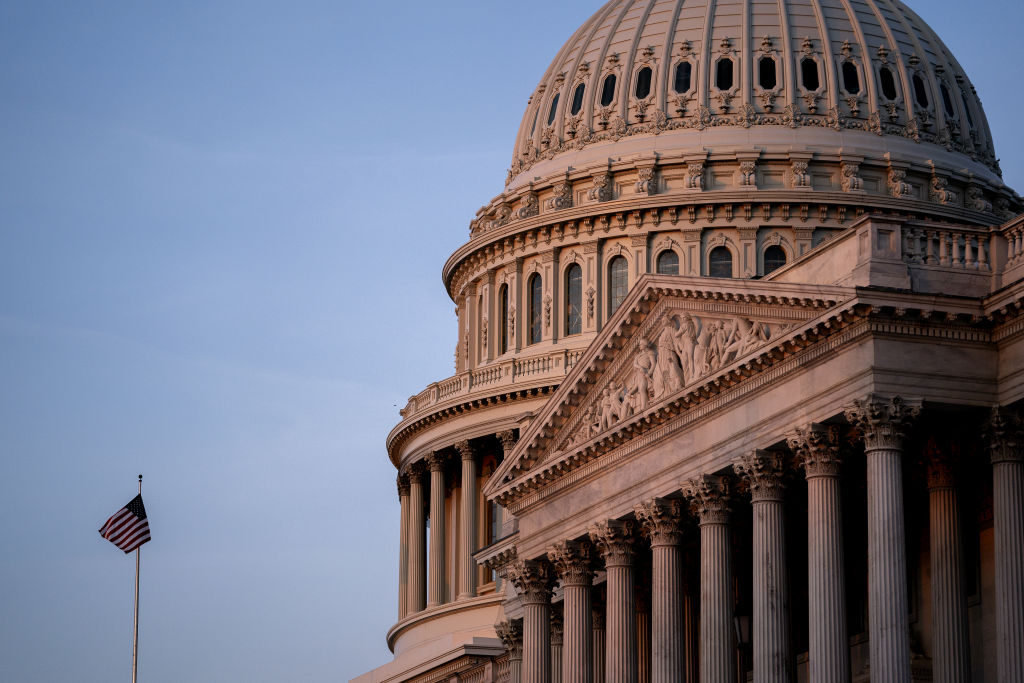The U.S. Commerce Department issued a report today supporting the use of “open-weight” generative AI models like Meta’s Llama 3.1, but also recommended that the government develop new capabilities to monitor these models for potential risks.
According to the report authored by the Commerce Department’s National Telecommunications and Information Administration (NTIA), open-weight models increase the accessibility of generative AI to small companies, researchers, nonprofits, and individual developers. The report suggests that the government should not restrict access to open models without first investigating whether such restrictions could harm the market.
These findings align with recent comments from FTC Commission chair Lina Khan, who believes that open models can foster healthy competition by enabling small players to bring their ideas to market.
Alan Davidson, assistant secretary of Commerce for Communications and Information and NTIA administrator, emphasized the importance of actively monitoring risks associated with open AI systems. The report calls for increased government involvement in supporting AI development and building capacity to understand and address new risks.
The report arrives amidst ongoing regulatory discussions both domestically and internationally. California is close to passing SB 1047, which would impose cybersecurity requirements on companies using large-scale compute power to train models. Similarly, the EU has finalized compliance deadlines under its AI Act, introducing new regulations around copyright, transparency, and AI applications.
While Meta has expressed concerns about the EU’s AI policies limiting the release of open models, other companies and startups are pushing back against California’s proposed law, arguing that it is overly burdensome.
The NTIA’s model governance philosophy emphasizes the need for ongoing evaluation of open models and the implementation of restrictions if necessary. The report suggests that the government should research AI model safety, support risk mitigation research, and establish risk-specific indicators to signal the need for policy changes.
These recommendations align with President Joe Biden’s executive order on AI, which calls for the establishment of new standards for the creation, deployment, and use of AI by government agencies and companies.
U.S. Secretary of Commerce Gina Raimondo emphasized the administration’s commitment to balancing AI innovation with risk mitigation. The report provides a roadmap for responsible AI innovation and American leadership by advocating for openness and preparing for potential challenges ahead.


